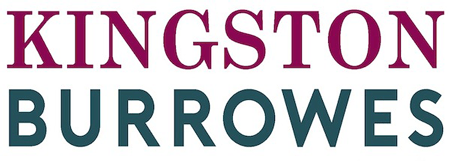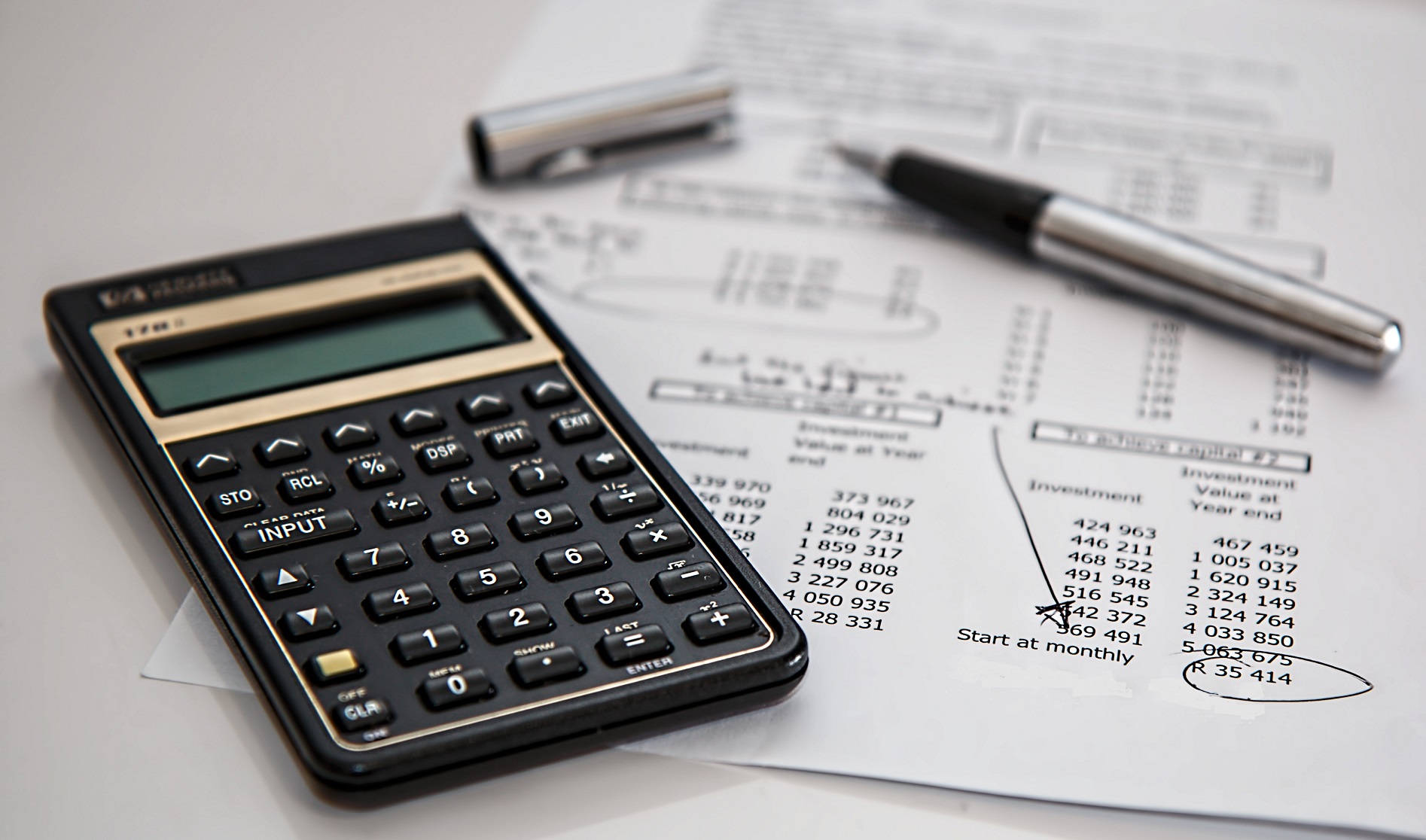This article provides all you need to know about corporation tax, from who it applies to, how to register, when the deadlines are, what the rates are, and how to file a return and make payment.
What is Corporation Tax?
Limited Companies in the UK are required to pay corporation tax on their annual profits. Sole Traders and Partnerships are not liable to Corporation Tax, and instead they pay income tax through a self-assessment return.
Foreign based companies only pay corporation tax on the profits made from UK operations (whereas a UK based company pays tax on its UK and worldwide profits).
How Is Corporation Tax Calculated?
Corporation tax is payable on annual taxable company profits, which includes not only the profits from business activities, but also profits resulting from the sale of assets or investments.
It is the company’s responsibility to complete a tax return to demonstrate to HMRC how much tax they owe. Whilst individuals have a personal tax allowance, the same does not apply to companies, which means that all small business profits are liable to tax. A tax advisor can provide support so that all possible tax reliefs are utilised and a business pays the correct corporation tax.
UK Corporation Tax Rate in 2022
Corporation tax for 2022/23 is currently set at 19% which effectively means that a small business will pay 19% of its taxable profits to the Government (via HMRC). This rate will apply until 31 March 2023 and generally applies to all companies, regardless of their size.
However, from 1 April 2023, variable rates ranging from 19% to 25% will be introduced and will apply as follows:
- For companies whose profits do not exceed £50,000, a small profits rate of 19% will apply.
- For companies with profits of more than £250,000, the main Corporation Tax rate of 25% will apply.
- For companies with profits between £50,000 and £250,000 the main tax rate of 25% will apply but will be reduced by marginal relief. (Marginal relief acts to gradually adjust the rate of tax from 19% to 25%.)
How to Register for Corporation Tax
Once your business is active, you have a maximum of three months to register with HMRC for corporation tax. The registration process can be completed online by creating a Government Gateway user ID and password on the Gov.UK website. You will need to provide information such as:
- Company name
- Company registration number (CRN)
- Unique Taxpayer Reference (UTR)
- Start date of trading activity
- Main trading address
- Principal business activities
- Accounting reference date
Once your registration is complete, HMRC will inform you of the deadlines for payment of your corporation tax and filing of your corporation tax return and annual accounts.
How to File a Corporation Tax Return?
A corporation tax return is also known as a CT600 and this contains standard company information such as name, tax reference and registration number, as well as some more complex calculations. Depending on your company, the financial information and calculations required could include:
- turnover
- income (profits, trading losses brought forward, property income)
- chargeable gains
- profits before other deductions and reliefs
- deductions and reliefs
- tax reliefs and reductions
- tax reconciliation
- losses
The basis of this information is usually derived from a company’s statutory accounts which are filed with Companies House, and a small business will often ask their accountant to prepare their corporation tax return at the same time as their statutory return.
Corporation tax returns must be filed online and the accounts and computations part of the return must be in iXBRL format. Completing a CT600 is complex and for that reason, HMRC have provided a CT600 Guide.
Corporation Tax Accounting Periods
Accounting periods usually start on the day a company begins trading and end on the accounting reference date (ARD), which is the end of a company’s financial year. The ARD should fall on the anniversary of the last day of the month in which the company was incorporated at Companies House.
In the first year of trading, the financial year may be longer than 12 months if the company begins trading as soon as it is incorporated, and in that instance, there will be two accounting periods for the first year, which in turn means two corporation tax returns.
An example of first year accounting periods:
A company is formed on 1 June 2022 and starts trading immediately:
- The financial year starts on 1 June 2022 and ends on 30 June 2023. The first annual accounts cover a 13-month period.
- The company has two accounting periods for corporation tax and must file two tax returns. One return covers the 12-month period from 1 June 2022 to 31 May 2023. The second return covers the additional month from 1 – 30 June 2023.
- In future, the company’s accounting period aligns with the financial year in the annual accounts, and this would be 1 July 2023 to the 30 June 2024. From this point, just one tax return is required for each 12-month period.
Corporation Tax Return and Payment Deadlines
The amount of time a company has to file its tax return, versus when its corporation tax is due for payment is different, and this is important.
A company usually has 12 months following its year end to file its corporation tax return, and if this is not filed on time then a late filing penalty will be applied by HMRC.
The initial fine for missing the deadline would be £100, but an additional £100 is charged for returns which remain more than three months late. Returns which are still outstanding six months after the deadline will be assessed by HMRC to determine the corporation tax liability and this amount will need to be paid as well as a 10% penalty. An additional 10% penalty is charged on top of the estimated tax bill for returns which are 12 months overdue.
When do I need to pay my Corporation Tax bill?
As already mentioned, the time a company has to file its return versus the time it has to make payment of its tax bill is not the same, and in fact there is less time for payment of tax owed!
Small businesses will need to make their corporation tax payment 9 months and 1 day after the company’s year-end. Larger businesses (£1.5m plus profits) will need to pay by installment. If this applies to your business, then please speak to us as we have not covered this directly here.
Therefore, based on the 9-month criteria, a small business with a 31 March 2022 year end, must pay its corporation tax bill by 1 January 2023.
In addition to penalties for late filing of your corporation tax return, there are also penalties for late payment of your tax bill. HMRC charge interest on the amount of corporation tax you owe when your payment is late and they may also charge a penalty or surcharge, and even instruct debt collection agencies. If you are unable to pay your bill on time, then the best approach is to speak to HMRC regarding a time to pay arrangement.
Note: When you make payment of your corporation tax bill, it is important that you include your unique 17 character payment reference. Quoting this reference ensures that HMRC allocate the payment to the correct company and period. The reference can be found online through your HMRC portal, or on any pay-slip you have received from HMRC. Alternatively, if your accountant has agent access, they will also have the reference.
Do I still need to file a return if my Corporation Tax is zero?
Don’t assume that just because your tax bill is zero that you don’t need to file a return with HMRC. The return still needs to be filed because the financial calculations on the return demonstrate your zero tax liability. If you have no corporation tax to pay, then it is advisable to file your return within 9 months of your year-end so that HMRC are aware of the zero liability and does not chase payment.
Further Advice and Reducing your Corporation Tax Bill
If you still have questions regarding corporation tax returns or need support with your return this year, please get in touch with the Kingston Burrowes team who will be happy to help.
Our experienced company accounts team can help to reduce your tax bill by utilising the reliefs and deductions you are entitled to, and by taking advantage of our tax planning services, we can explore additional aspects such as dividend income and salary bands to maximise your tax efficiency.




